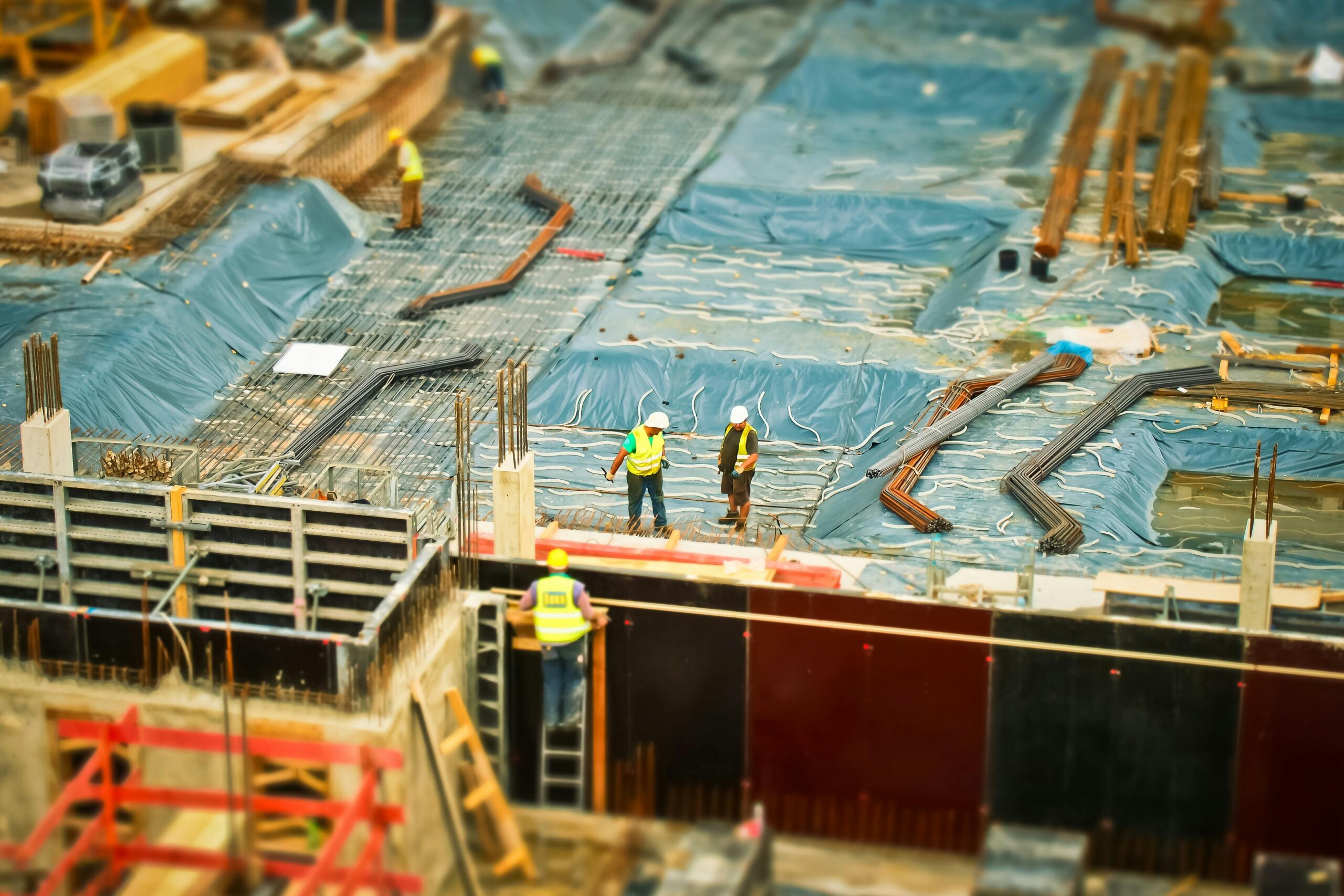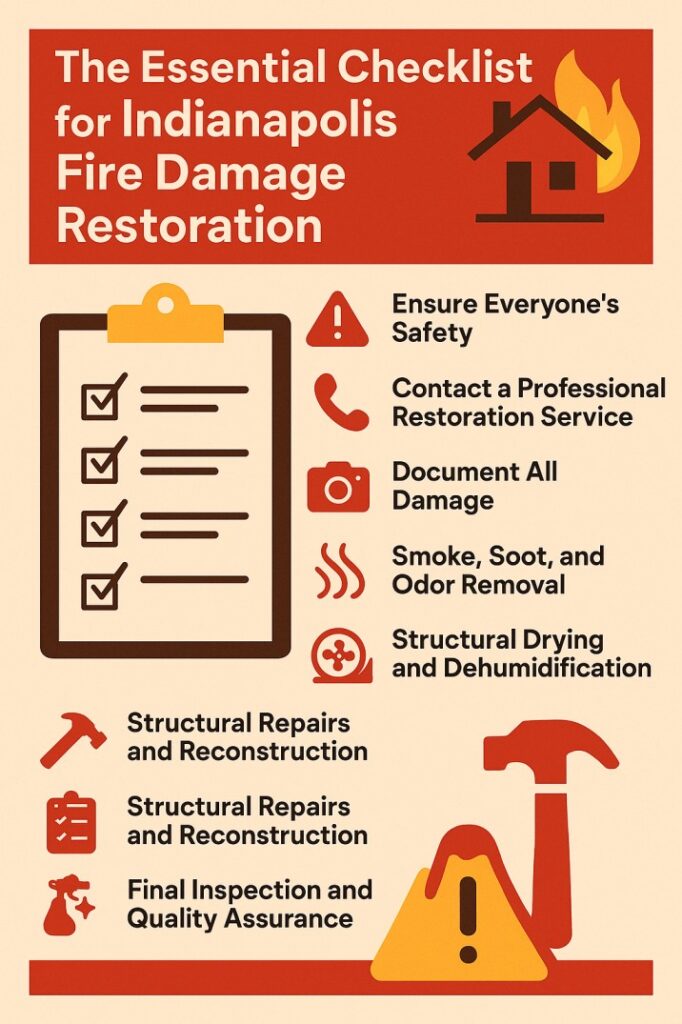Bangladesh’s skyline is a sight to behold. Towering structures, sprawling infrastructure projects, and bustling residential areas paint a picture of a nation on the rise. Fueling this growth is a burgeoning demand for high-quality cement. But why exactly is there such a surge in cement consumption, and what are the implications for builders and developers in Bangladesh? Let’s delve deeper into this fascinating trend.
A Nation on the Move: Drivers of Cement Demand
Several key factors are propelling Bangladesh’s cement consumption to new heights:
- Infrastructure Boom: The Bangladeshi government has embarked on an ambitious infrastructure development plan. This includes mega projects like the Padma Multipurpose Bridge, the Rooppur Nuclear Power Plant, and countless kilometers of new roads and highways. These large-scale initiatives require massive quantities of strong, reliable cement to ensure the longevity and stability of these critical structures.
- Urbanization on the Rise: As Bangladesh’s population continues to migrate towards urban centers, the demand for residential and commercial buildings is skyrocketing. High-rise apartments, shopping malls, and office complexes are popping up across the country, all requiring significant amounts of durable cement to support their construction.
- Real Estate Flourishing: The real estate sector in Bangladesh is experiencing a period of exceptional growth. With a burgeoning middle class and a growing appetite for modern living spaces, developers are busy constructing new homes and communities. This translates to a consistent demand for high-performance cement that can withstand the elements and ensure the safety and security of residents.
- Individual Homeownership: The dream of owning a home is becoming increasingly attainable for Bangladeshis. Government initiatives promoting affordable housing and rising disposable incomes are leading to a surge in individual home construction projects. This segment of the market also relies heavily on dependable cement to build strong, lasting foundations for their families.
The combined effect of these factors has created a situation where the demand for cement in Bangladesh is outpacing domestic production. This presents both challenges and opportunities for the construction industry.
The Importance of Quality Cement
While the quantity of cement is undeniably important, it’s the quality of that cement that truly matters. Here’s why:
- Structural Integrity: Inferior quality cement can lead to weak structures prone to cracking, crumbling, and even catastrophic failure. High-quality cement, on the other hand, ensures the structural integrity of buildings, bridges, and other infrastructure, safeguarding lives and property.
- Durability and Longevity: Sturdy cement contributes to the long-lasting performance of structures. It resists wear and tear from weather elements, environmental factors, and even seismic activity. This ensures buildings remain functional and safe for generations to come.
- Aesthetics and Finishing: The quality of cement can also impact the aesthetic appeal of a finished structure. High-grade cement allows for smoother finishes, better paint adhesion, and an overall more polished look. This is especially important for high-end residential and commercial projects.
- Sustainability Considerations: The construction industry is increasingly focusing on sustainable practices. Modern, high-quality cement formulations often have a lower environmental footprint compared to traditional options. This resonates with environmentally conscious builders and developers.
By prioritizing quality cement, construction projects in Bangladesh can ensure the safety, durability, and sustainability of the nation’s built environment.
When it comes to building robust structures, choosing the right cement in Bangladesh is crucial. The country’s construction sector has seen rapid growth, and the demand for quality cement is at an all-time high. Mir Cement stands out as one of the most reliable brands, delivering top-grade cement that ensures durability and strength. Whether it’s for residential, commercial, or industrial projects, Mir Cement has a solid reputation for maintaining consistency and quality in every bag. Builders and contractors trust Mir Cement for constructing sustainable and long-lasting buildings throughout Bangladesh.
Addressing the Demand: The Role of Local Manufacturers
Bangladesh boasts a robust cement manufacturing industry, with several established players contributing to meeting the growing demand. These manufacturers are constantly innovating and upgrading their production processes to deliver cement that meets the highest quality standards.
Here are some key aspects that differentiate high-quality cement manufacturers:
- Advanced Technologies: Leading cement companies invest in state-of-the-art equipment and production methods. This ensures consistent quality control, minimizes waste, and optimizes the production of superior cement that meets stringent performance requirements.
- Stringent Quality Control: Reputable manufacturers adhere to rigorous quality control measures throughout the production process. This includes in-depth testing of raw materials, monitoring of production parameters, and regular quality checks of the final product. This dedication to quality ensures reliable and dependable cement reaches the market.
- Diverse Cement Grades: Leading manufacturers offer a variety of cement grades tailored to specific construction needs. This allows builders to select the optimal cement for their project, optimizing performance and cost-effectiveness.
Addressing the Demand: The Role of Local Manufacturers
Bangladesh boasts a robust cement manufacturing industry, with several established players contributing to meeting the growing demand. These manufacturers are constantly innovating and upgrading their production processes to deliver cement that meets the highest quality standards.
Here are some key aspects that differentiate high-quality cement manufacturers:
- Advanced Technologies: Leading cement companies invest in state-of-the-art equipment and production methods. This ensures consistent quality control, minimizes waste, and optimizes the production of superior cement that meets stringent performance requirements.
- Stringent Quality Control: Reputable manufacturers adhere to rigorous quality control measures throughout the production process. This includes in-depth testing of raw materials, monitoring of production parameters, and regular quality checks of the final product. This dedication to quality ensures reliable and dependable cement reaches the market.
- Diverse Cement Grades: Leading manufacturers offer a variety of cement grades tailored to specific construction needs. This allows builders to select the optimal cement for their project, optimizing performance and cost-effectiveness.
- Technical Support and Expertise: High-quality cement manufacturers go beyond simply producing cement. They often provide technical support and expertise to builders and developers, helping them select the right cement for their projects and ensure proper usage and application. This value-added service can be invaluable in achieving successful construction outcomes.
By partnering with reputable cement manufacturers, builders and developers in Bangladesh can access high-quality materials that contribute to the success of their projects.
Building a Sustainable Future: The Role of Cement in Bangladesh
Cement plays a vital role in Bangladesh’s economic growth and development. However, it’s essential to consider the environmental impact of cement production and consumption. The construction industry is increasingly focused on sustainable practices, and cement manufacturers are responding by exploring innovative solutions to reduce their carbon footprint.
Here are some areas where the cement industry is making strides:
- Alternative Fuel Sources: Many cement manufacturers are transitioning to alternative fuel sources like waste-derived fuels to reduce their reliance on fossil fuels. This helps to reduce greenhouse gas emissions and promote a circular economy.
- Energy Efficiency: Investments in energy-efficient technologies and practices are helping cement manufacturers optimize their production processes, reducing energy consumption and associated emissions.
- Low-Carbon Cement Varieties: Research and development efforts are focused on developing low-carbon cement varieties that have a reduced environmental impact. These innovative products can contribute to more sustainable construction projects.
By embracing sustainable practices, the cement industry in Bangladesh can play a positive role in mitigating climate change and building a greener future.
Conclusion
The growing demand for quality cement in Bangladesh is a reflection of the nation’s vibrant economic growth and development. As the country continues to urbanize and modernize, the need for strong, durable, and sustainable cement will only increase.









